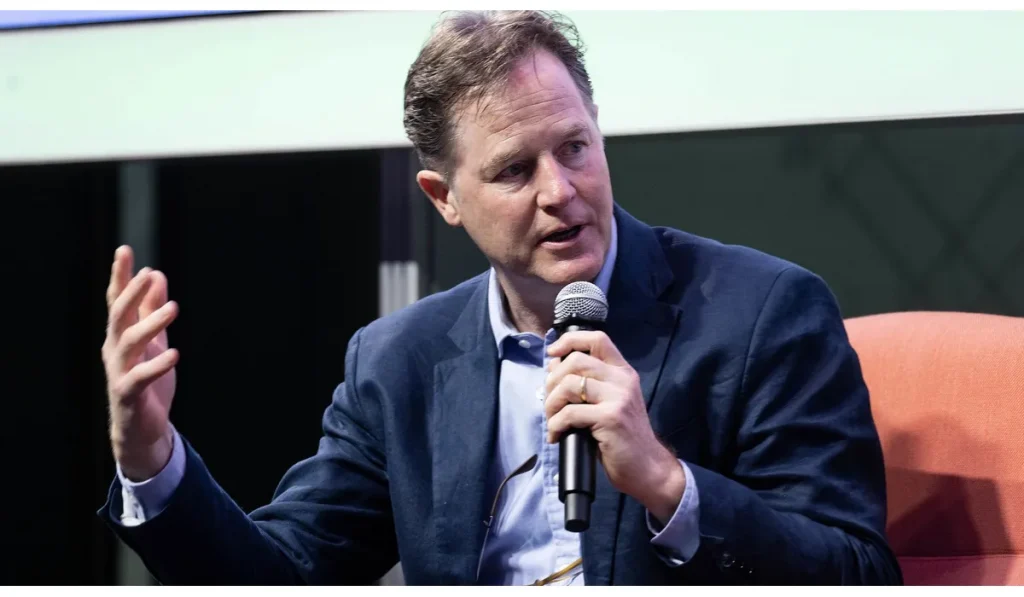- Nick Clegg says tech and politics should remain separate
- TikTok deal shows governments reshaping internet through national security rules
What happened: Nick Clegg urges global technology firms to keep a distance from political battles
Nick Clegg, the former president of global affairs at Meta, has urged large technology companies to stay out of politics. Speaking to CNBC, he said the technology sector works best when there is a “respectful distance” between businesses and political decision-making. He warned that mixing the two creates instability and slows innovation.
Clegg’s comments came days after a new deal between the United States and China over TikTok’s operations. The agreement allows TikTok to continue in the US by transferring its cloud and security operations to Oracle, with Chinese ownership capped at 20%. Former US president Donald Trump, who previously pushed for a ban, announced the arrangement as a “victory” for national security.
The agreement demonstrates the increasing interventionism of governments in the operations of major platforms. And it also reflects growing strain between Washington and Beijing, which has already disrupted semiconductor supply chains and data flows and limit cloud services. Clegg, who stepped down from Meta earlier this year, said these moves could trigger wider consequences for global internet governance.
He warned that if countries continue to build separate digital systems based on political concerns, the result may be a fragmented internet divided by national borders.
Also read: Ciena acquires Nubis to power AI data centres
Also read: Salesforce pledges $6B to build UK AI hub
Why it’s important
Clegg’s comments highlight an emerging challenge for worldwide platforms. With more regulation from governments, the companies are under pressure to abide by local rules, which at times can be at odds. This raises operational costs, forces complex technical changes, and may limit user access in some regions.
This trend have described as “internet balkanisation.” It creates closed digital spheres, where political boundaries shape the flow of data and services. Companies such as Meta, Google, and ByteDance need to navigate these pressures and also protect their global user base.
Clegg said tech companies needed to concentrate on innovation and security and earning the trust of users rather than being distracted by geopolitics. His caution reflects fears raised by groups who focus on digital rights and experts who consider political meddling to be a risk to the open and borderless nature of the internet.

